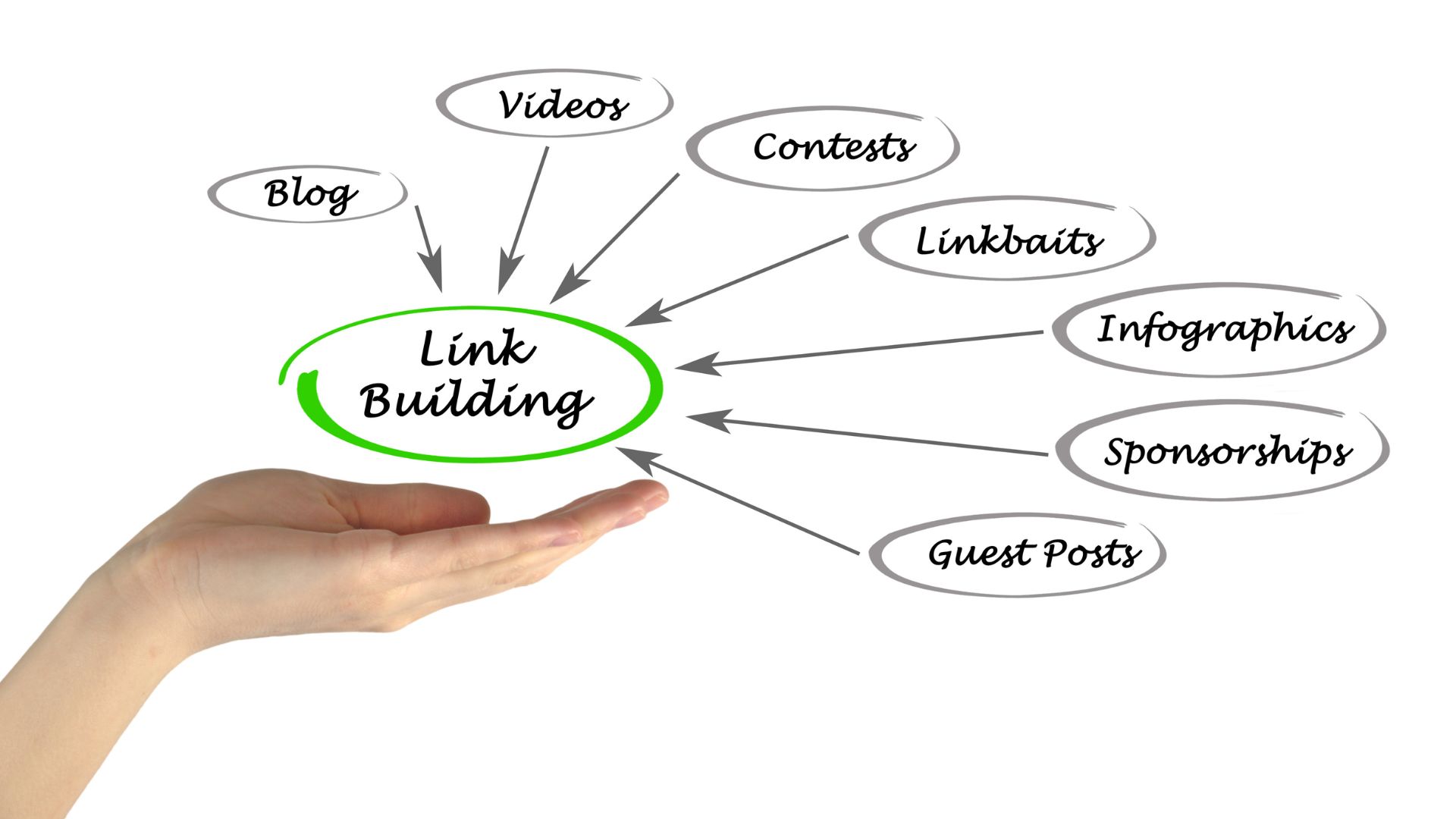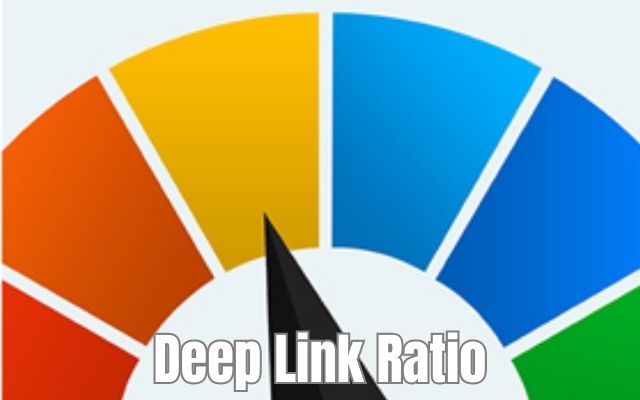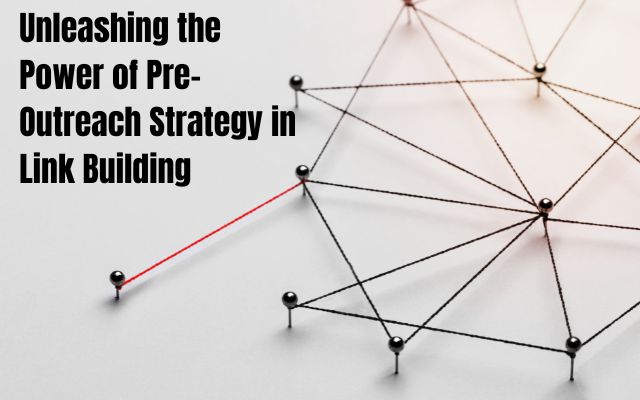Reciprocal Links: Do They Help or Hurt Your SEO?

“Reciprocal Links: Do They Help or Hurt Your SEO?” remains a common question among website owners seeking to optimize their online presence. One of the long-standing strategies employed by website owners to boost their SEO efforts is the use of reciprocal links. Reciprocal links refer to a mutual exchange of links between two websites, where each site links to the other. However, there has been ongoing debate regarding the effectiveness and impact of reciprocal links on SEO. In this article, we will delve into the subject and examine whether reciprocal links can truly help or hurt your SEO.
Understanding Reciprocal Links
Reciprocal links were once a popular tactic in the early days of SEO. The idea behind reciprocal linking was to establish a network of interconnected websites to enhance visibility and increase traffic. Website owners would reach out to other webmasters, propose link exchanges, and place links to each other’s websites.
Potential Benefits of Reciprocal Links
- Increased Referral Traffic: These links can potentially drive referral traffic from the linked websites to your own. If the linked site has a relevant audience and generates a significant amount of traffic, it can lead to increased visibility and potential conversions.
- Enhanced Visibility: These links can assist in improving your website’s visibility on search engines, particularly if the linked sites are highly authoritative and reputable. Search engine algorithms may interpret such backlinks as a vote of confidence and elevate your site’s ranking in SERPs.
- Broadened Audience Reach: By establishing reciprocal links with websites in your niche or industry, you can tap into their existing audience. This exposure to a new audience can help expand your reach and potentially attract more visitors to your site.
Potential Drawbacks of Reciprocal Links
- Link Quality and Relevance: While reciprocal links can be beneficial, it is crucial to ensure that the linked sites are high-quality and relevant to your website’s content. Search engines consider the relevance and quality of backlinks when evaluating a site’s SEO. If the reciprocal links are from low-quality or unrelated websites, it could potentially harm your SEO efforts.
- Link Schemes and Manipulation: Reciprocal linking can be easily abused or manipulated, leading to the creation of link schemes. Search engines have become more sophisticated in identifying such schemes, and if caught, websites participating in manipulative reciprocal linking may face penalties or even get deindexed.
- Link Equity and Authority Dilution: Reciprocal links may dilute the authority and link equity of your website. When you link to another site, you are essentially passing a portion of your authority to them. If you engage in reciprocal linking excessively, it may diminish the overall impact of your backlinks and affect your site’s SEO.
The Modern Perspective
Over time, search engines have evolved, and their algorithms have become more advanced in assessing the quality and relevance of links. As a result, the impact of reciprocal links on SEO has diminished. While they can still offer some benefits, reciprocal links alone are unlikely to have a significant impact on your website’s ranking. Instead, search engines prioritize natural, high-quality backlinks that are earned organically.
| Benefits | Drawbacks |
|---|---|
| Increased referral traffic | Link quality and relevance |
| Enhanced visibility in search engines | Potential for link schemes and manipulation |
| Broadened audience reach | Link equity and authority dilution |
| ……….. | Diminished impact in modern SEO landscape |
- How To Get Quality Backlinks: 12 Ways That Really Work
- How to Build Links at Scale Without Sacrificing Quality
- Building Authority: Going Beyond Link Building
- Reactive Digital PR: What It Is & How To Use It For Link Building
- How Long Does It Take To See Results From Link Building?
- Linkable Assets For Effective Link Building
FAQ
Q: What are reciprocal links?
A: Reciprocal links are a type of link exchange where two websites agree to link to each other. It is a mutual arrangement where both websites benefit from the reciprocal linking.
Q: Do reciprocal links help with SEO?
A: Reciprocal links used to be a popular strategy to improve SEO, but their impact has diminished over time. While they can still provide some benefits such as increased referral traffic and visibility, search engines now prioritize natural, high-quality backlinks earned organically. Therefore, relying solely on reciprocal links is not considered an effective SEO strategy.
Q: Can reciprocal links hurt my SEO?
A: Reciprocal link can potentially hurt your SEO if they are from low-quality or irrelevant websites. Search engines evaluate the quality and relevance of backlinks, and participating in manipulative reciprocal linking schemes can result in penalties or even deindexing. It is important to ensure that reciprocal links are from reputable, relevant websites to avoid any negative impact on SEO.
Q: How can I make reciprocal links effective for SEO?
A: While reciprocal link may not have a significant impact on SEO alone, you can make them more effective by following these guidelines:
- Choose high-quality, relevant websites to exchange links with.
- Ensure a balanced ratio of reciprocal links compared to other types of backlinks.
- Focus on creating valuable or high quality content that attracts natural backlinks.
- Diversify your link building strategies to include other SEO tactics such as guest posting, content promotion, and building relationships within your industry.
Q: Are there any alternatives to reciprocal links for improving SEO?
A: Yes, there are several alternative strategies to improve SEO without relying solely on reciprocal links. Some effective alternatives include:
- Creating high-quality and valuable content that naturally attracts backlinks.
- Guest posting on authoritative websites in your niche.
- Building relationships with influencers and industry experts for potential collaborations and mentions.
- Participating in relevant online communities and forums to establish your expertise and gain exposure.
- Promoting your content through social media and email marketing to increase visibility and attract organic backlinks.
Q: Should I completely avoid reciprocal linking?
A: Reciprocal linking can still offer some benefits, especially when done in moderation and with relevant, high-quality websites. However, it should not be the sole focus of your SEO strategy. Instead, it is recommended to adopt a holistic approach that includes various link building tactics and prioritizes the creation of valuable content to attract organic backlinks.
Conclusion
Reciprocal links can provide certain advantages, such as increased referral traffic and enhanced visibility if employed judiciously and with high-quality, relevant websites. However, the modern SEO landscape emphasizes the importance of organic link building and the creation of valuable, shareable content to attract authoritative and natural backlinks. Rather than solely relying on these links, website owners should focus on producing excellent content, fostering relationships within their industry, and earning backlinks through legitimate means.







